CLEAN WATER REPEAL PROPOSAL UPDATE
Today, August 13, the window for submitting comments to the EPA regarding the Clean Water Rule repeal will close. Since the Trump administration began, it has repeatedly attempted to repeal and replace the Clean Water Rule—an Obama-era standard that embraces science and seeks to reduce the pollution of our waterways. In mid-June the Agency announced its latest effort to cut this important environmental protection, publishing a “supplemental notice” to clarify its intentions and solicit additional feedback.
The administration’s decision to repeal the Clean Water Rule rejects scientific consensus, disregards overwhelming public support for better water protection, and makes it easier for large polluters to degrade the environment. Its reasoning is equally as suspect as it was in 2017, when it first attempted to repeal the rule. The Agency would effectively be siding with industry over the people and the environment, as the proposal would significantly reduce the jurisdiction of environmental protection in America.
The goal of the 1972 Clean Water Act is to ensure all waters of the United States are swimmable, fishable, and drinkable. The Obama rule adopted a scientific, detailed definition of “waters of the United States” to more properly protect the country’s water quality. Specifically, the rule clarified that wetlands and smaller waterbodies close to large waterbodies should be protected, stopping pollution from flowing into vitally important drinking water, wildlife habitat, and recreation spots.
With thousands of pages of peer-reviewed scientific studies supporting the Clean Water Rule, over one million Americans wrote comments in support of its adoption. When the EPA first attempted to repeal the rule in June of 2017, hundreds of thousands of citizens filed more comments to oppose that attempt. Even with that opposition, the administration continues to move forward in its attempt to gut the environmental safeguard. The August 13th deadline will give citizens another, and perhaps their last, chance to voice their support for clean water and common sense protections for our way of life. Several environmental groups, including Alabama Rivers Alliance, submitted comments in support of the Clean Water Rule and now ask citizens to do the same.
SEWAGE RIGHT TO KNOW UPDATE
Sewage pollution is a devastating problem in the nation, and Alabama is no exception. Human waste has become one of the biggest point-source pollutants in the state, mostly because of aging infrastructure and increased populations. Without exception, Alabama communities are experiencing sewer infrastructure failure and unsafe “sanitary sewer overflows.” This waste pollution often happens in important or unfortunate areas, such as local swimming holes or wildlife habitat. While environmental advocates continue to call for better infrastructure and sewage systems, those improvements will undoubtingly take significant time and financial investment.As this problem has grown in recent years, the Alabama Department of Environmental Management now requires electronic notification of any sewage spills. When sanitary sewer overflows occur, utilities must send email notifications to community members who sign up for the service. This is an incredible step forward for the state, and it is already helping communities know where water is unclean and unsafe. This requirement, while helpful, is not the entire solution for notifying the public of sewage spills. Not every Alabamian has a computer or internet. Moreover, not every Alabamian is able to check the electronic notification system while swimming and recreating.
In 2017, Black Warrior Riverkeeper, with Waterkeepers Alabama and Alabama Rivers Alliance, petitioned the Alabama Environmental Management Commission (AEMC) for better regulations regarding public notification of sewage spills and overflows. That petition called for minimum standards for what local operators must do to get the word out about overflows and spills. Additional local solutions should include posting signs and utilizing text, phone, news media, and social media to reach people nearby and downstream from sewage spills.
The AEMC’s Rules Committee will decide whether to recommend rulemaking on Friday, August 17th at 10am. In an action alert last week, Black Warrior Riverkeeper and the above parties called on members of the public to tell the Rules Committee of the importance of water recreation and the dangers of human waste contamination.
EPA FINALIZES COAL ASH ROLLBACK
Just weeks after Scott Pruitt resigned as head of the Environmental Protection Agency, his replacement had an inauspicious if not predictable start. Acting Administrator Andrew Wheeler is a well-known former coal lobbyist. On July 18th, his first major action was fitting, as the Agency rolled back storage requirements for coal ash. The new EPA rule will add “flexibilities” for owners of coal ash ponds and state regulators. Specifically, the rule allows facilities to avoid cleanup and monitoring under certain conditions; unlined and leaking storage facilities may stay open because of this new coal ash scheme. The rule also extended closure of offending facilities for up to 18 months.
With Alabama’s very long, very dangerous history of coal ash contamination, Alabama Rivers Alliance and many of our partners submitted comments in opposition to the proposed rule in late April. Dozens of Alabamians joined those comments, sending a clear message that proper storage of this toxic sludge is necessary to maintain the health and safety of people and the environment.
This step was only the latest rollback in a long list of decisions to lighten the requirements for coal ash storage and production. In addition to EPA’s rollback, the Alabama Department of Environmental Management recently authored a state permitting system that gives coal ash facilities “flexibilities” to avoid cleanup or water testing. The EPA, fresh off of passing the coal ash roll back, will have to approve the Alabama permitting system for it to go into effect. Between the new EPA rule and the impending Alabama regulations, coal ash will remain in place—dangerously close to rivers, streams, and drinking water sources—unless the power companies do the right thing and agree to do whatever it takes to remove it and properly store it.
EPA estimates that its industry-friendly rules will save utilities anywhere from $28-35 million thanks to the new regulation. The Agency did not estimate the costs of its new coal ash rollbacks when it came to endangerment of human life, future cleanup, or ecological harm. Coal ash contamination continues to affect communities in every area of the state. A few weeks before EPA announced its proposal, reports showed extensive, dangerous, and long-lasting pollution in Alabama, including heavy metals and known carcinogens.
BRIBERY TRIAL IN ALABAMA: more than just a verdict
For several weeks, I watched closely as a bribery trial proceeded in Birmingham’s Federal Courthouse. The case, involving a potential Superfund site in North Birmingham, received national attention and significant protest by Alabamians and environmental groups. The trial found two defendants, David Roberson from Drummond Coal Company and Joel Gilbert from environmental defense firm Balch and Bingham, guilty on charges that included bribery and corruption. The prosecution proved the two defendants bribed state lawmaker Oliver Robinson to successfully thwart potential pollution cleanup.
During the trial, dozens of witnesses testified about their involvement with Drummond, Balch, and Oliver Robinson. From the testimony, it became clear that public officials responsible for protecting Alabama’s environment were involved. We learned that members of the Environmental Management Commission worked with the defendants to oppose and thwart the Superfund designation. Former-Commissioner Scott Phillips and current Commission Chair Lanier Brown publically opposed the cleanup while working with defendants—including leaking them the presentation and information submitted from the environmental group GASP, which advocated for cleanup. Lance LeFleur, Director of the Alabama Department of Environmental Management, opposed the Superfund site after receiving pressure from the Environmental Management Commission and then-Governor Bentley. As Director, LeFleur agreed to submit a letter to the EPA to oppose the Superfund site. Although he maintains he did not know the bribery defendants drafted that letter, his decision to submit it has garnered significant public criticism.
On July 31st, the Environmental Management Commission accepted comments regarding LeFleur’s job performance as head of ADEM. Thanks in part to his involvement in the bribery scheme to thwart cleanup in North Birmingham, eleven environmental groups submitted comments calling for LeFleur’s recognition.
The Alabama Rivers Alliance has worked hard to build a more collaborative relationship with ADEM and Director LeFleur. Due to these specific efforts, we sent in additional comments regarding the Director’s relationship to stakeholders and the impact of his breach of trust. The days of back room conversations and unequal influence of corporate interests over ADEM and other state agencies has to stop. It is regretful that it takes something as life-altering as a criminal trial to bring these actions to light, but now that they are in the open, we must demand better from our appointed and elected officials. We can only hope that industry leaders and state decision makers will hold corporate interests accountable and insist on better public protection.
The full Environmental Management Commission will meet again on August 17th; it is likely the Commission and Director LeFleur will receive significant pressure from citizens during that meeting.


